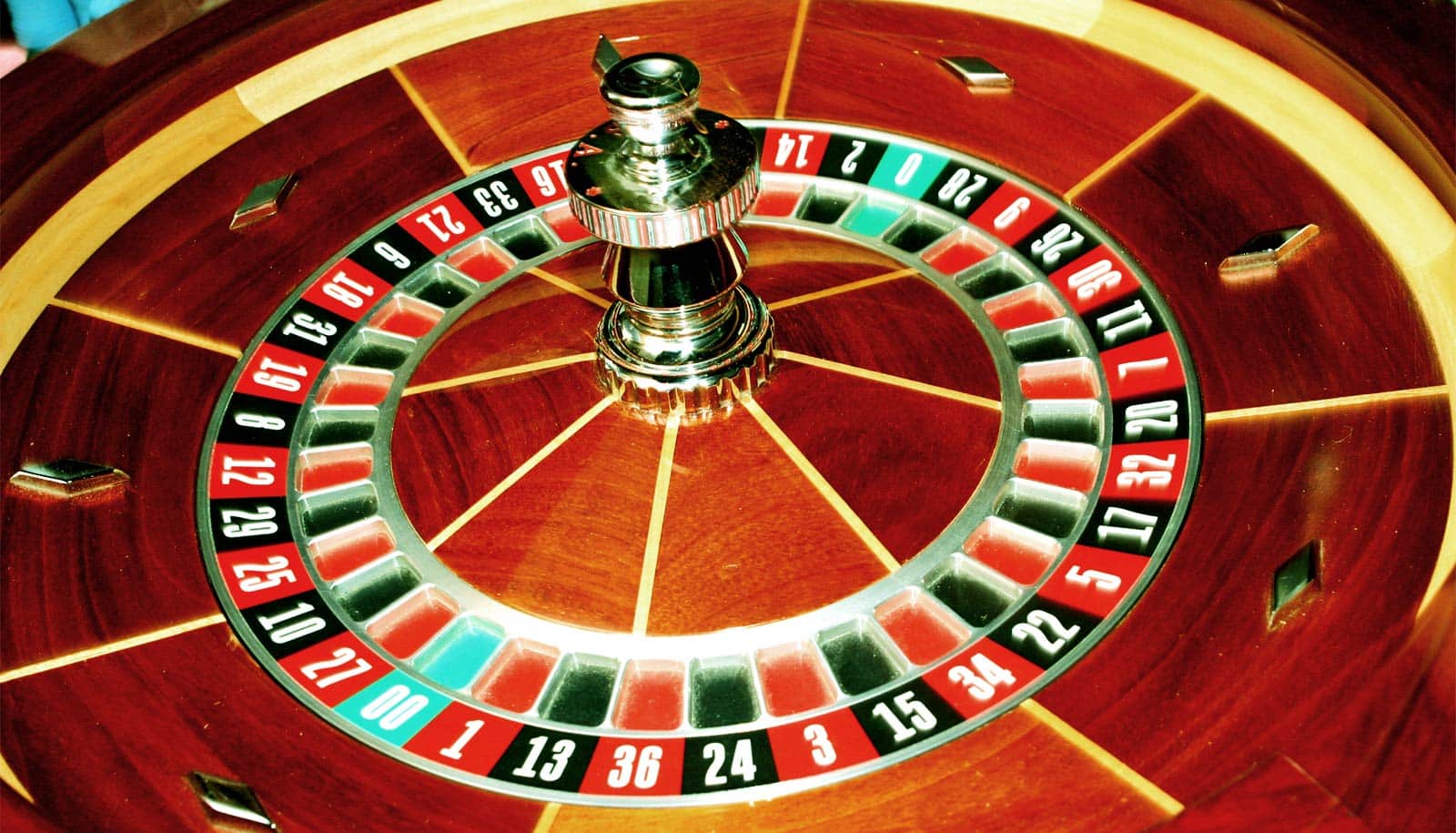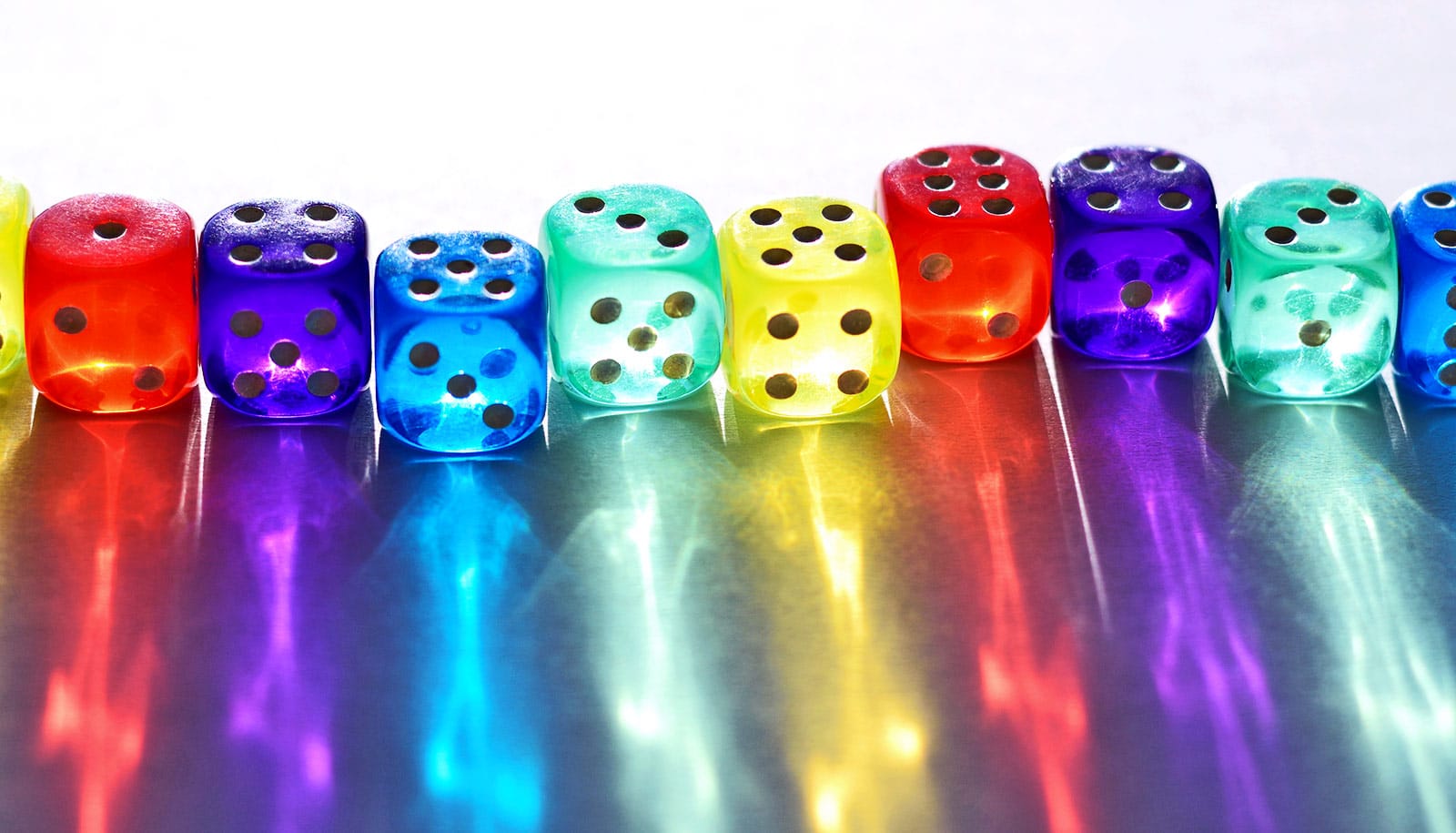Casinos—including their focus on food, luxury, and over-the-top entertainment—underwent a dramatic change in the 19th century, according to a new book.
“The basic template established in the 1840s remains in effect today: create a space where people feel disconnected from their ‘regular’ lives and produce a feeling of luxury and exclusivity,” says Jared Poley, chair of the history department at Georgia State University and author of a new book called Luck, Leisure, and the Casino in Nineteenth-Century Europe: A Cultural History of Gambling (Cambridge University Press, 2023).
Poley’s book explores the rise of the casino as we know it today, the new language that emerged from the invention of the casino, and the way that European society reacted to the gambling and gluttony that happened inside casinos.
Modern casinos first appeared in Germany’s Rhineland region in the 19th century, after France made gambling illegal in 1830 after King Louis Philippe I, who was morally opposed to gambling, took power. Their success is owed to a few coincidences, as well as the new kinds of bonds that casinos enabled.
“They set up these casinos on the skeletons of these old German spa towns, and they combined leisure, health, and wellness with this new form of enjoyment,” Poley says.
“It was also at the same time that the railroads were being invented, so suddenly casinos were able to pull people from all over Europe to these locations. We see the invention of a new type of tourism.”
The invention of roulette created a new form of socialization since people bet against the house instead of each other. These new casinos offered everything one could want in one place, making them essentially the prototype for places like Las Vegas today.
Alongside these novel inventions came another development that was not as positive. The whirlwind of experiences and emotions that happened in casinos—gambling, eating, and what was considered improper socialization for the time—brought addiction to the public’s attention in new ways. Gambling addiction became recognized as a sickness, not purely a sin, and this spurred on the study of addiction, as well as the creation of a new language to describe it.
“People identified what to us would very clearly be a gambling addiction, but they did not have a language to describe that, so they tried to figure out how to describe what they saw as a kind of disease that was divorced from older religious critiques of gambling,” Poley says.
“Critics tried to say, ‘Here’s why gambling is bad. It’s because it compels you to think in certain ways, and then you’re no longer a free person.'”
As a result, gambling was outlawed in the Rhineland after the establishment of the German empire in the 1870s. However, this did not stop people from going to casinos. Instead, the casinos simply moved to new places, notably to Monaco in the Mediterranean.
Casinos continue to be wildly popular today, despite the moral objections and possibility of addiction. They remain largely unchanged from the 19th century, still offering food, gambling, and entertainment to whoever is willing to pay.
“There should be great food, opportunities to mingle socially with people, and a range of other cultural events, e.g. operas in the 19th century or Cirque du Soleil now,” Poley says.
Poley began working on this book early in the COVID-19 pandemic, when getting to archives and libraries to conduct normal research was nearly impossible.
“The topic came out of the last book that I wrote, which was on the history of greed,” Poley says. “And there was all this material left over from that book that I didn’t use and didn’t want to just throw away… So for me it worked out really well, given the situation.”
Source: Georgia State University



